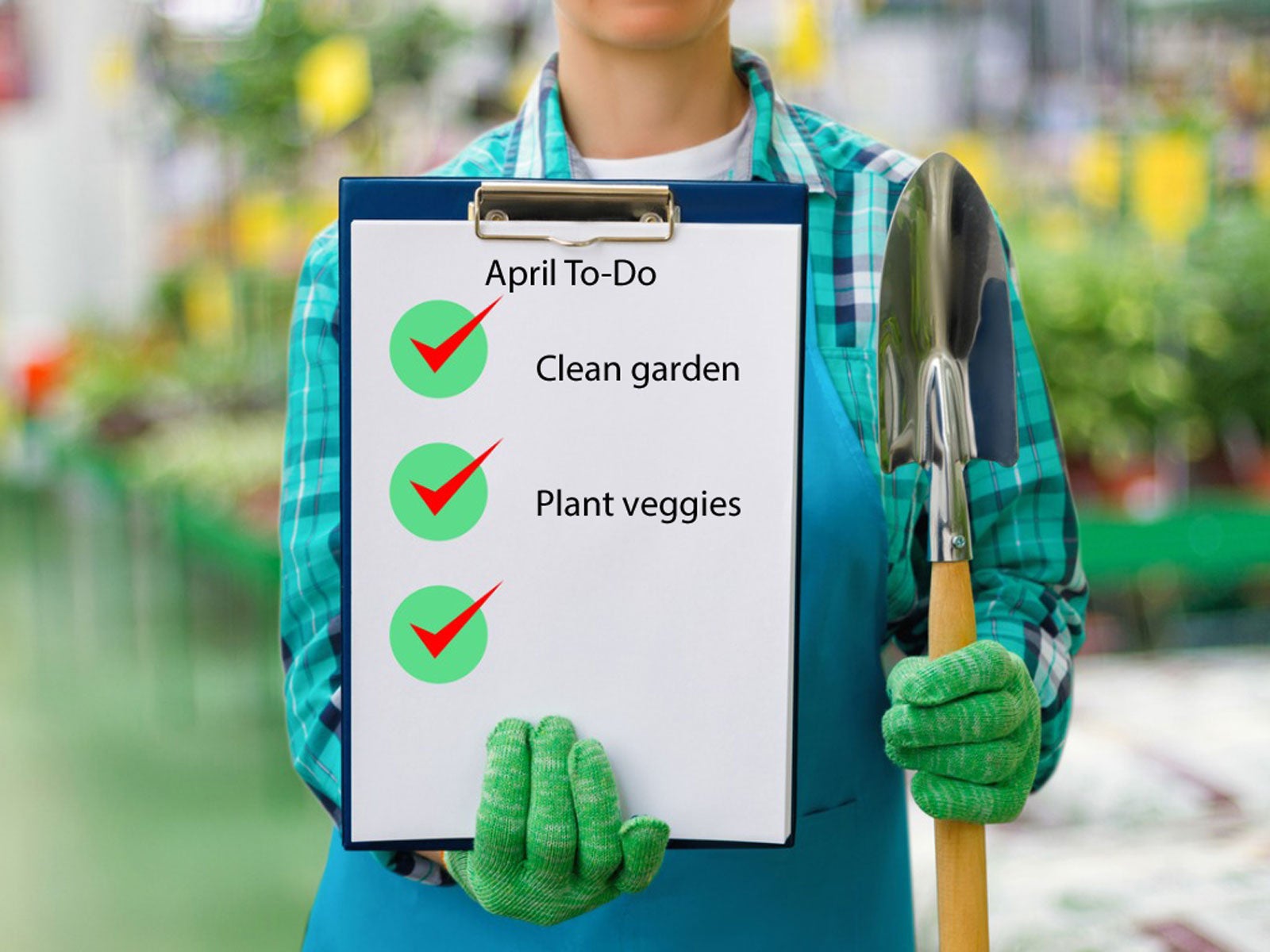Regional April To-Do List – Tips For Gardening In April


With spring beginning, it’s time to get back outdoors and start growing. Your April to-do list for the garden depends on where you live. Each growing zone has different frost times, so know your regional garden chores and what you should be doing now.
Regional Gardening To-Do List
Knowing what to do in the garden in April can be confusing. Use this basic guide based on location to jump-start the growing season.
Western Region
This region covers California and Nevada, so there is a range of appropriate chores. For northern, cooler areas:
- Start planting warm-season plants
- Fertilize your perennials
- Maintain or add mulch
In sunny, warm southern California:
- Add mulch if needed
- Move or plant tropical plants outside
- Plant perennials outside
If you’re in zone 6 of this region, you can start planting certain vegetables like peas, spinach, carrots, beets, turnips, and potatoes.
Northwest Region
The Pacific Northwest region also has some variety, from coast to interior. Temperatures will mostly be moderate and expect rain.
- Till any cover crops
- Wait for soil to dry before moving transplants outdoors
- Take advantage of wet soil to divide perennials
- Direct sow seeds for lettuces and greens
Southwest Region
In the deserts of the Southwest, you’ll start to get some hot days, but nights will still be frosty. Be sure to continue protecting non-hardy plants overnight.
Sign up for the Gardening Know How newsletter today and receive a free copy of our e-book "How to Grow Delicious Tomatoes".
- Fertilize perennials
- Manage mulch
- Plant warm season varieties
Northern Rockies and Plains Region
With USDA zones between 3 and 5, gardening in April for this region is still pretty chilly, but there are chores you can tackle now:
- Add compost and work the soil as it warms up
- Plant cold season veggies including onions, spinach, and lettuces
- Dig up root vegetables from last season
- Start warmer weather veggies indoors
Upper Midwest Region
The upper Midwest region has similar zones as the Plains states. In the colder areas, you can start with those chores. In the warmer areas of lower Michigan and Iowa, you can:
- Divide perennials
- Spring clean beds
- Start hardening off seedlings you started indoors that will be transplanted soon
- Manage mulch and make sure bulbs can emerge easily
Northeast Region
Expect a lot of ups and downs with northeast temperatures this time of year. Much of your garden work will depend on exactly how the weather pans out, but generally in April you can:
- Start seeds indoors for later transplant
- Sow seeds outside for cool season vegetables
- Divide perennials
- Harden off seedlings started indoors
- Manage mulch and make sure bulbs can emerge easily
Ohio Valley Region
Spring comes a little earlier here than in the Northeast or upper Midwest.
- Start seeding warm season veggies outside
- Move transplants outdoors in the more southern areas of this region
- Start thinning out any cool season veggies you already started
- Mulch your cool season plants as the temperatures begin to rise
South Central Region
In Texas, Louisiana, and the rest of the central south, April means your garden is already growing pretty well.
- Start planting warm weather veggies like squash, cucumbers, corn, melons
- Keep mulch intact
- Where already growing, thin fruit on fruit trees to get a better harvest later
- Stake perennials as needed
- Fertilize spent bulbs, but don’t remove foliage yet
Southeast Region
The Southeast has similar chores this time of year to the other southern states:
- Start sowing seeds outdoors for warm season vegetables
- Work on managing mulch
- Thin fruit trees
- Clean up and fertilize bulbs; remove foliage if it has started to yellow
South Florida gets some very warm weather already in April. Right now, you can begin to:
- Prune flowering trees and shrubs once the blooms are spent
- Start a regular watering routine
- Begin a pest management plan

Mary Ellen Ellis has been gardening for over 20 years. With degrees in Chemistry and Biology, Mary Ellen's specialties are flowers, native plants, and herbs.